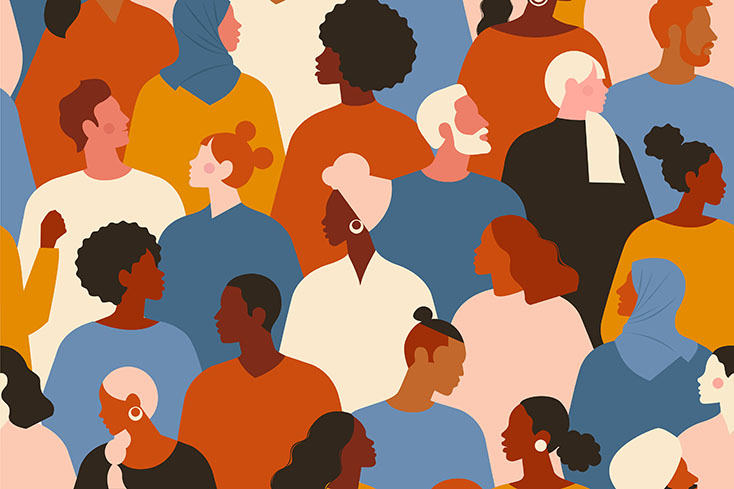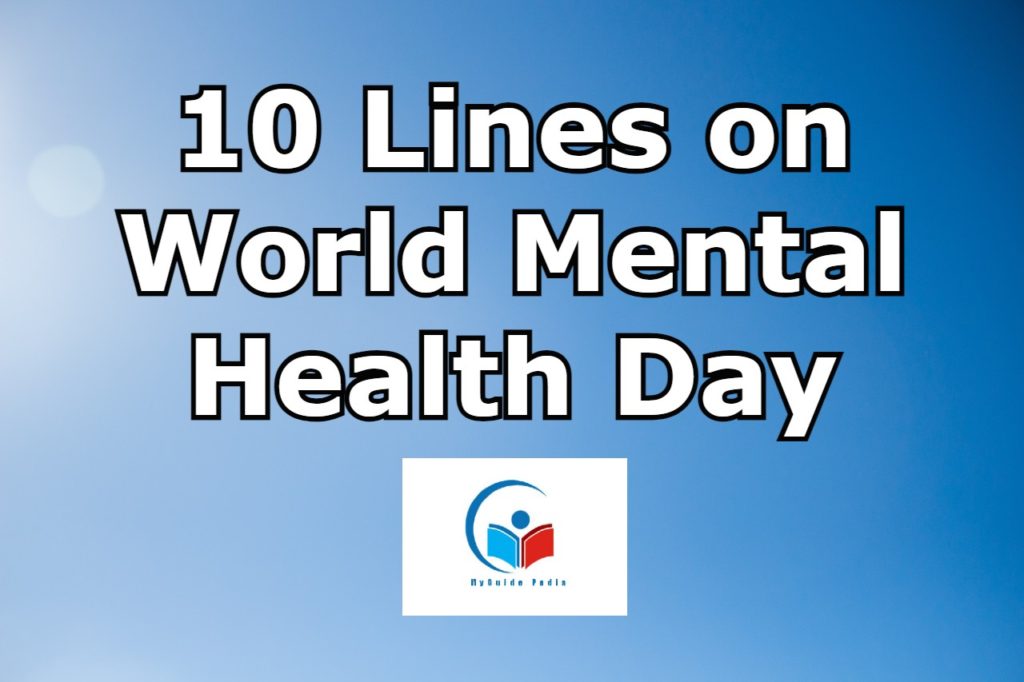
A national hotline for mental health can be a valuable resource. To talk to someone about your issues or to get advice, call this number. Many people fear calling a hotline for fear that they are exposing their vulnerability, but reaching out for help is not a sign of weakness. It takes courage and strength to speak to someone about your circumstances. These numbers are a safe place for people to share their feelings of depression and suicidal thoughts.
Calling a mental health hotline
Calling a mental health hotline will allow you to connect with someone who can help you. Operators of hotlines will assess the urgency of your call and connect you with a therapist for further discussion. The hotline operator will listen to the person and try to understand their particular situation. They may offer advice on anxiety, depending on the level of their expertise.
You can get information and support from mental health helplines about your treatment options. They can also direct you to a local treatment facility. There are many treatment options and therapies available. Callers should know what to expect. A caller should also be aware of the different benefits of calling a mental health hotline. Access to free literature about mental issues and different therapy techniques is also available for callers.
Cost to call a mental health hotline
A hotline for mental health is free of charge. These services are often a great place to turn for information about mental health issues and treatment options. Many of these hotlines can connect callers to local resources. Noting that calling a mental hotline is for people in crisis, most people don't have the time or resources to prepare before calling. Talking to someone who can understands your struggles is a great way to get help.

For some people, calling a mental health hotline can be a stressful and frightening experience. Keep in mind that hotline staff are trained to help and won't be able to identify you. The staff are trained in listening to what is causing you distress, and how to get help. You are not the only one. They've been there. It's a great way to start your journey toward recovery.
Experience with a mental health hotline
Many people feel anxious the first time they call a national mental health hotline. This helpline is a great resource. It can answer your questions and offer support to you and your loved one. It can also connect callers to treatment centers. There are many treatment options available depending on your condition. Each one is highly individual. Ultimately, a mental health hotline can be a lifesaver for many.
A mental health hotline can be called if you feel you might have a mental disorder. You can talk to a trained counselor about the symptoms. Although they cannot make any decisions on your behalf, the hotline operators can provide information and help you find community resources. They will not schedule appointments for you but can help you create a plan to address any mental health issues.
Assistance for those with suicidal thoughts
A hotline for mental health can be a vital part of getting help for someone who is suffering from suicidal thoughts. The hotline is available 24/7 to provide support and advice, regardless of whether the person has suicidal thoughts or depression. Ask a friend or family member for help if the person is not able to call the hotline. Alternatively, text or call the number. This can be done depending on the location of the individual.

When calling a mental health hotline for people with suicidally-minded friends, family members, or professionals, it's important to remember that most people who are suicidal don't want to die but rather want to stop their pain. However, the impulse to end the world doesn't last forever, and it is possible to treat suicidal thoughts through treatment. It is important for you to talk to the person that worries you. Find out what brought them here. Talk to the person and share your feelings and thoughts. Although it may be painful, talking about suicide is beneficial, since it lessens pain and makes the person feel understood.
FAQ
What are some examples of mental-emotional problems?
Any condition that causes distress or impairment to functioning is called a mental disorder. Depression, anxiety, schizophrenia and borderline personality disorder are some examples of mental disorders.
Why is mental health so important for students?
Mental health is essential for students as they must be able to concentrate on school while also being able to learn well academically. Without feeling like yourself, you will not be able perform well at school. Depression can lead to students missing class and poor grades. This could lead to students dropping out of high schools and eventually going to college.
You should talk to your parents and teachers if you have depression. They will help you get the treatment you need.
Not everyone with depression requires medication. Talk therapy can be very effective for many people. Counselors are a good option if you want to get help.
How does mental health affect my relationships?
Your mental well-being has a direct impact on all aspects of your life. It can affect your ability and willingness to work at all levels. It can be difficult to build meaningful relationships due to mental health issues.
A mental health condition can make it easy to isolate oneself from others. Sometimes you might avoid social situations because it feels like no one understands.
However, it's important to remember that people want to be around you. They just need to know how to approach you.
If you are having difficulty connecting with others, talk to them about it. Ask them to help you.
Statistics
- Similarly, for positive mental health, there is likely to be substantial agreement about some typical components (e.g., resilience to stress) 6, and controversy about more atypical components (e.g., career consolidation). (ncbi.nlm.nih.gov)
- According to the National Alliance of Mental Illness (NAMI), one in five Americans experiences mental health issues which translates to more than 40 million adults a year. (doctorondemand.com)
- More than 50% will be diagnosed with a mental illness or disorder at some point in their lifetime.3 (cdc.gov)
- It means no drinking any alcoholic beverages and no taking any drugs that aren't 100% natural.
- Similarly, while there is some agreement about the boundaries of typical mental disorders 2, there is likely less agreement about those for positive mental health. (ncbi.nlm.nih.gov)
External Links
How To
What are the Key Factors that Make Mental Health Vital?
Mental health refers both to your mind and your emotional well-being. It impacts how you feel and think, behave, relate to other people, sleep, eat work, learn, and have fun.
Everyone should be concerned about mental health. However, when we speak of mental health we often refer to it as depression. Depression is a serious illness that affects millions each year.
Clinical depression is also known for its severity and requires that treatment be provided by a doctor. There are several types of depression.
According to the National Institute of Mental Health (NIMH), depression can be described as "a common mood disorder characterized in a depressed mood most of a day almost every day, loss of interests or pleasures in almost all activities and feelings of guilt or low-self-worth, disturbed sleeping or appetite, poor coordination, thoughts of death or suicidal thoughts or actions."
Different people may experience depression in different ways. Some may feel sad, hopeless, irritable, anxious, guilty, worthless, tired, unmotivated, and unable to concentrate. Others may feel empty and unmotivated. Others might feel nothing.
Depression is treatable. Depression can be treated with medication, psychotherapy, exercise and diet modifications. If left untreated, however, depression can cause problems at home, school, work, and in relationships.
Depression is more common in females than in men. However, both men and women can be affected. Depression is the leading cause for disability worldwide in men and women aged 15-44 years.